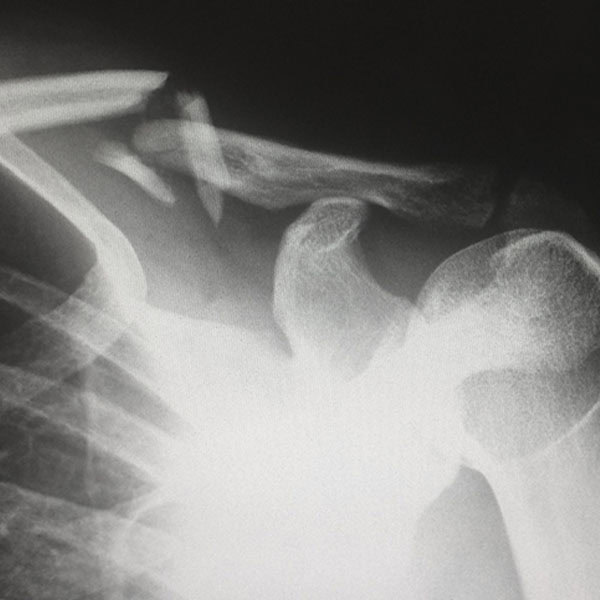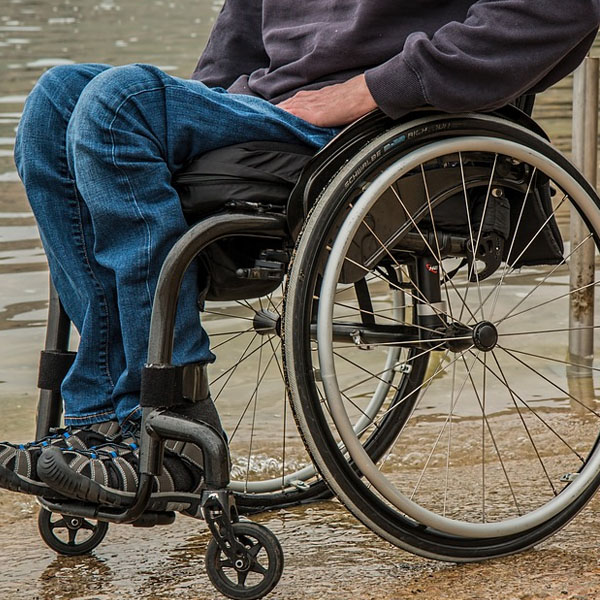After Daylight Savings kicks in and the days get longer, workplace injuries increase. According to the U.S. Department of Labor and Mine Safety and Health Administration, injury data from 1983 to 2006 suggests that more injuries occur on the Monday after DST kicks in, with workers suffering more severe injuries. Most of these workers are in safety-critical industries where the risk for serious injury is even worse.
To combat this trend, many businesses are now offering safety training to their employees, hoping to reduce the number of accidents. While this is a step in the right direction, it is not a solution that will fix the problem overnight.
How to Adjust to the Time Change
Employers and employees alike should be aware of the dangers of working after Daylight Savings and take steps to stay safe on the job. It can take the body up to a week to adjust sleep times and circadian rhythms to the time change. During this time, it is important to:
- Get as much rest as possible
- Avoid alcohol and caffeine
- Employers should also be aware of the signs that an employee struggles to adjust. This includes changes in sleep patterns, mood swings, and decreased productivity.
Contact a Workers’ Compensation Lawyer Today
If you are injured on the job after Daylight Savings, it is important to be familiar with North Carolina workers’ compensation law. Workers’ compensation provides benefits to employees who are injured or become ill due to their job.
Workers’ compensation benefits can help cover medical benefits, including medical bills related to the injury, wage replacement benefits, and other costs associated with your injury. In North Carolina, workers’ compensation covers most injuries that occur at work. This includes accidents, illnesses, and repetitive stress injuries.
If you or someone you love has suffered a job-related injury or illness, call an experienced workers’ compensation lawyer at Collier Law for assistance with your workers’ comp case.
You are so much more than a number to us: we value our attorney-client relationship and getting the justice you deserve. We are advocates for injured employees. Call for a free consultation to find out how we may assist you.




